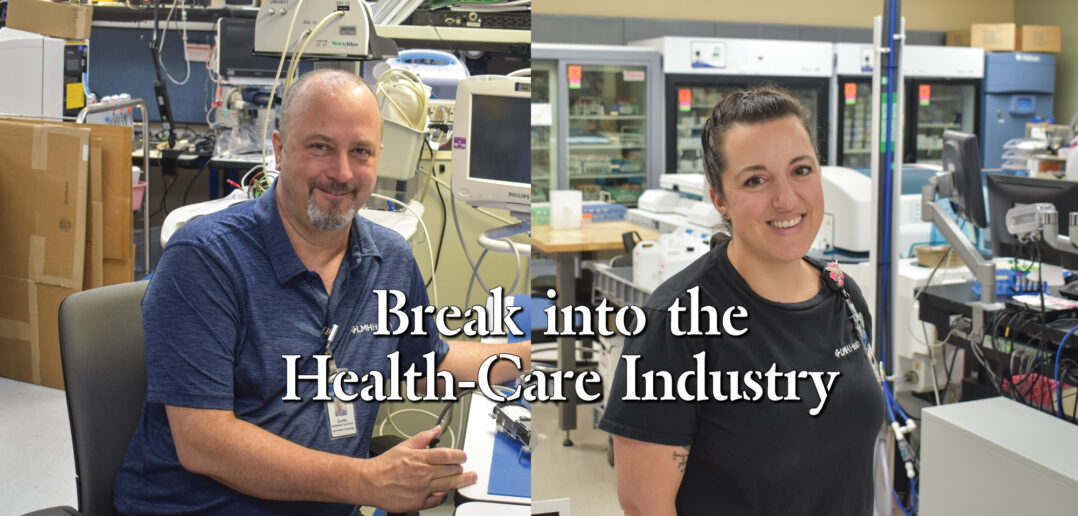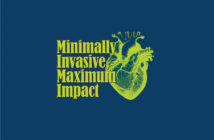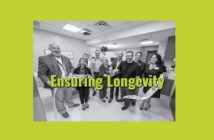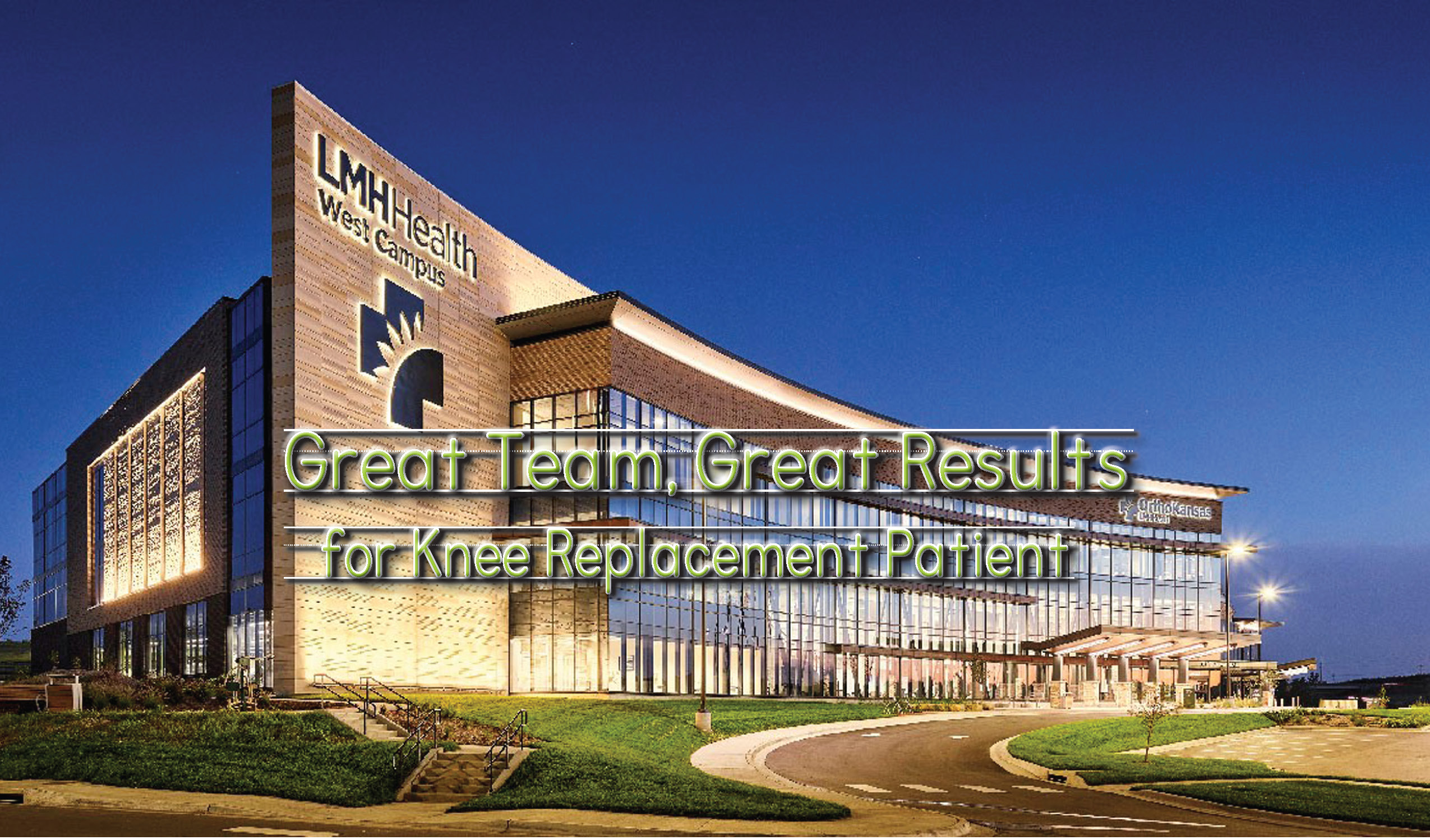| story by Kade Han | |
| photos by | Kade Han |
| OPEN A PDF OF THE ARTICLE |
Although one might think a college degree and possibly more are required to work in the medical field, there are many pathways that don’t require that extra time and money.
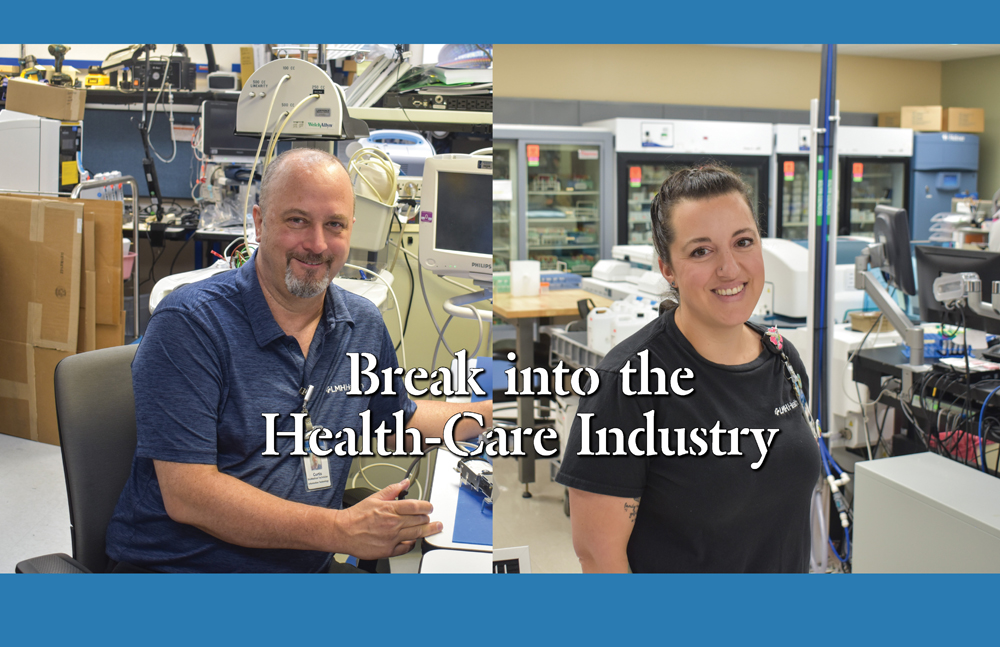
Curtis Weilert and Nicholina Chronister
The health-care industry offers a diverse array of career paths. It encompasses administrative and clinical positions in multiple specialties and areas of care. The pathway to entering the clinical side of health care does not have to be through a traditional four-year college degree or a doctorate, but rather via on-the-job training, vocational certifications or an associate’s degree.
Phlebotomy
A phlebotomist is trained to draw blood samples and prepare them to be tested and analyzed. They primarily work in hospitals, labs, clinics and blood-donation centers. Everyday tasks for phlebotomists include:
- preparing and labeling collection vials
- preparing patients for blood draws
- performing blood draws
- maintaining blood draw instruments and supplies.
Individuals who are interested in becoming a phlebotomist can receive on-the-job training or obtain an in-person or online certification. Most LMH Health phlebotomists received on-the-job training after being hired.
“The hardest part about completing my phlebotomy training was being afraid to hurt my patients,” says Nicholina Chronister, LMH Health phlebotomy supervisor.
Chronister, a former wildfire firefighter, was seeking a career change that would allow her to enter the health-care industry. She wanted to get her foot in the door to see if a career in emergency medicine was right for her. Phlebotomy was a great way for her to get hands-on experience without investing time and money in a specialized degree.
“I know of a few people who used phlebotomy as a way to kick-start their career,” she explains. “Some of them have gone on to become registered nurses, therapists or achieve higher levels of education.”
Chronister began her career with LMH Health in 2011 after she connected with a phlebotomist during an emergency department visit. She received additional training in administrative and laboratory processes, and progressed to become the phlebotomy supervisor in 2019.
“I fell in love with phlebotomy and how important and impactful it is to patient care,” Chronister says. “Our work influences treatment plans, provides answers and gets patients on the road to recovery.”
Think of the health-care industry as a beehive with every position inside it a different bee. Each position has a role that impacts how other health-care professionals respond and work. Chronister likens phlebotomists to the worker bees of the hive, but instead of collecting pollen, they draw blood.
“We are a part of large system, and it is important that we do our tasks in a timely manner so that our lab can do theirs without rushing,” she says.
Phlebotomy is a fast-paced career that has a lot of interaction with patients. A phlebotomist needs to be good with people, pay attention to detail and be self-motivated and driven.
“When we are looking at phlebotomist applications, we aren’t always looking for previous health-care experience,” Chronister explains. “Oftentimes, we are looking for the candidates who have no experience but are willing to learn and adapt on the job.”
LOCAL MATTERS
Our Local Advertisers – Making a Positive Impact
Biomedical Technician
Not every position in the health-care industry requires patient contact. Biomedical technicians work behind the scenes to keep hospital and clinic equipment up and running. Depending on the scale of the organization for which they work, these technicians can service more than 2,500 unique pieces of equipment.
Some of the daily tasks of biomedical technicians include:
- installing, maintaining and repairing medical equipment
- performing routine tests and inspections of equipment
- performing preventive maintenance
- identifying parts and equipment for removal or replacement
- keeping records of equipment replaced, repaired and maintained.
“You don’t get bored. Every day, there is a new surprise,” says Curtis Weilert, LMH Health biomedical technician. “I often find myself asking, ‘What’s this piece of equipment and what does it do?’ ”
There are two common ways to enter the biomedical field. The first is through an associate’s degree with a focus on computer sciences, engineering or biomedical; and the second is through a military biomedical program.
Weilert earned an associate’s degree in electronics and computer engineering technology from Grantham University. He completed all of his general education credits through a community college to lower the cost, later transferring to a specialized online college for the core electronic credits.
“While working for a wind farm on wind towers, I decided it was time to get out of that business,” Weilert explains. “My experience was in electronics, but I did not know a lot about the biomed aspect. I was able to learn the biomed aspect on the job.”
Individuals interested in pursuing a career as a biomedical technician should have an interest in how and why things work, as well as a basic knowledge of logic and troubleshooting, as well as mechanical sciences.
“Biomed is a hidden gem within health care,” Weilert continues. “You get to move around and get your hands on lots of different equipment.”
Sometimes, the biggest challenge biomedical technicians face in a larger health-care setting is finding the equipment. LMH Health has more than 6,000 pieces of equipment spread across multiple cities and clinics. Because of the number of pieces of equipment and the fact that some only need routine maintenance, LMH Health biomedical technicians may only touch a piece once each year. This results in the techs having to reacquaint and relearn the equipment constantly.
“I had to restart at age 47 after 10 years working with family,” Weilert says. “I turned toward the wind farm and then to biomed. Even at that age, I was able to start over, learn new things, finish my associate’s degree and start a new career. If I can do it, anybody else can.”
You can’t define it, but you know it when you see it: the difference between an average life and the good life. When your cup is full—with joy, purpose and lifelong health—it shows. At LMH Health, we are all about healthy people, healthy communities and healthy futures, and that makes us your destination for an exceptional career. From flexible work-life harmony to competitive pay and great advancement potential, find everything you’re looking for at LMH Health.
We’re looking for you.

